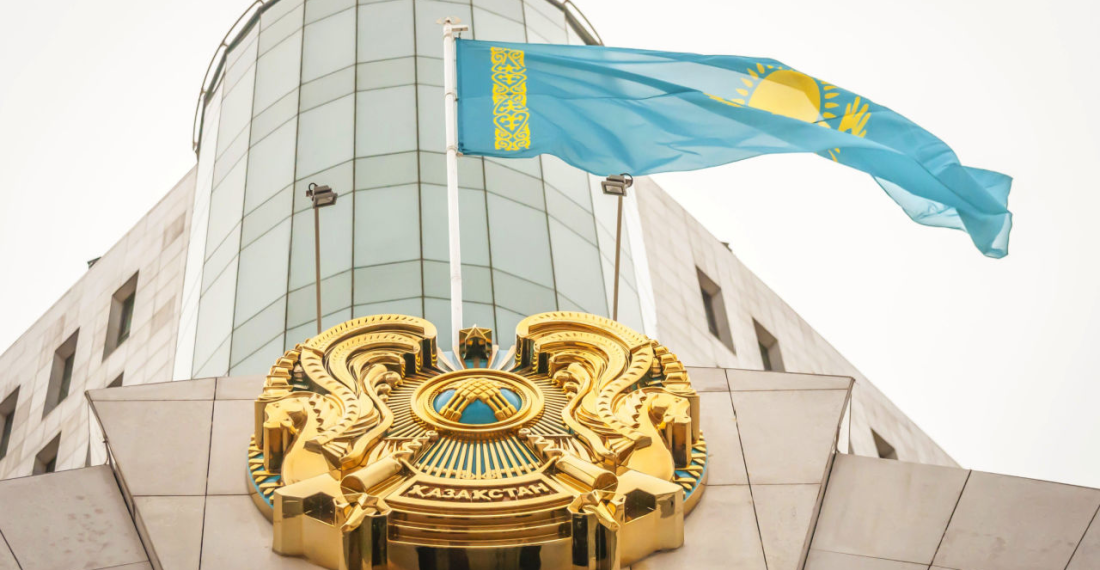Six parties have been elected to the Mazhilis, Kazakhstan's national parliament after elections were held on Sunday (19 March).
The six parties are the ruling Amanat party, who won 53.9% of the vote; the Auyl People's Democratic Patriotic Party (10.9%); Respublica Party (8.59%); Aq Jol Democratic Party of Kazakhstan (8.41%); People's Party of Kazakhstan (6.8%); National Social Democratic Party (5.2%).
The Baytaq party won only 2.3% of the vote, and, with a 5% threshold necessary to win seats in parliament, will not be represented. 3.9% voted against all parties.
The Astana Times reports that over 6.3 million people out of more than 12 million eligible voters cast their ballots in the elections to the parliament and local representative bodies on Sunday, representing a turnout of over 54%.
Election reform in Kazakhstan is "to be welcomed and encouraged", writes the commonspace.eu political editor
Whilst not fully compliant with international norms and practices, the elections are considered an important positive step to introducing plurality in the country’s governance system. Six out of the seven political parties that contested the elections garnered enough votes to pass the threshold and secure seats in the country’s parliament.
A statement by the OSCE ODIHR Mission issued on 20th March stated: "The 19 March early parliamentary elections were held in the context of reforms introduced to bring Kazakhstan closer to holding elections in line with international standards and OSCE commitments, as legal amendments addressed several previous recommendations and provided increased choice for voters. However, limits on the exercise of fundamental freedoms remain, and some political groups continued to be prevented from participation as parties in elections."
You can read the full statement on the OSCE website here.
The commonspace.eu political editor said in a comment that "whilst one can argue endlessly on whether the glass is half full or half empty, the small steps being taken to widen the political and popular base of governance in Kazakhstan, taking it out of the clan system that dominated it in the first three decades of modern statehood, and replacing it with genuine citizen participation in the process, are to be welcomed and encouraged."
"Building resilient democratic institutions and a strong civil society are key steps to a more inclusive and democratic Kazakhstan," according to the EU
Meanwhile, a statement by the spokesperson of the European Union on Monday (20 March) stated:
"Kazakhstan has the full support of the European Union in the implementation of the ongoing changes, and the EU stresses the importance of further political and socio-economic reforms. Building resilient democratic institutions and a strong civil society are key steps to a more inclusive and democratic Kazakhstan.
“As the EU and Kazakhstan mark the 30th anniversary of diplomatic relations, both have reaffirmed a strong commitment to developing cooperation further in line with the Enhanced Partnership and Cooperation Agreement (EPCA).
“The EU remains committed to the universal principles of sovereignty and territorial integrity in line with the UN principles, as well as international security, fundamental freedoms and human rights."






